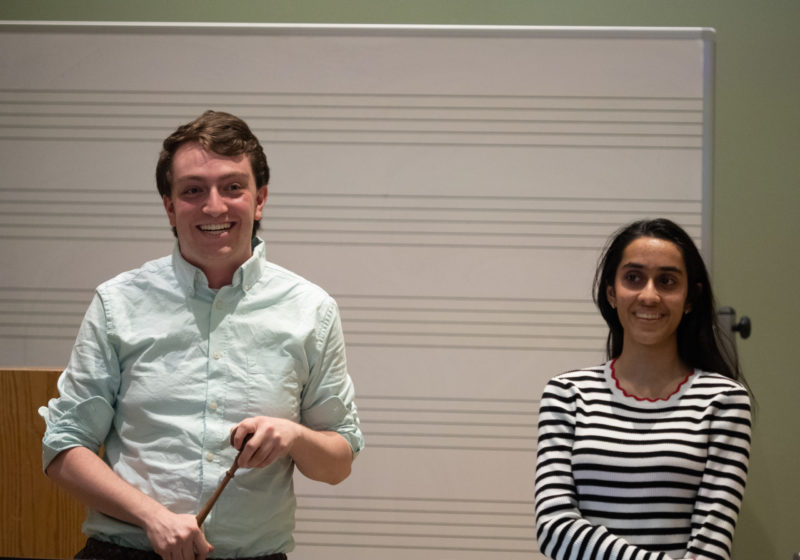A couple weeks ago, a majority of Students’ Association (SA) Senators resigned, citing as one reason among many that SA Government impedes student activism.
I’ve heard a variety of responses to this. Many praised the former senators for making their voices heard, while others (according to a poll on the UR Confessions Instagram) thought that the senators may have resigned for clout.
As someone who was in the organization for three years, and who oversaw the Senate as Speaker for a year, I have a lot of opinions about and experiences with SA’s effectiveness.
Student Government isn’t as effective as I and a lot of students want. There’s a reason why I didn’t return for my fourth year in SA. I agree with the senators who resigned that SA is often frustratingly slow and has a lot of bureaucratic hurdles.
Many things upset me about the University: poor handling of the pandemic stemming from flawed priorities and a fundamental misunderstanding of students, removal of the Hirst Lounge flag display, and stymying progress on reasonable requests from students of color like Douglass Leadership House permanency or gearing Writing 105 courses towards understanding identity and racism.
Activism is an important method to bring issues and proposals to the attention of administrators and to pressure them to act. But that doesn’t make it the only method.
SA has some direct power over student organizations, but it doesn’t have power over anything that administrators do. Instead, it has administrators’ trust; It holds elections, so it’s seen as legitimate, and it’s structured to slowly work on a broad range of issues at once, so it’s seen as more representative than more targeted activist campaigns. Many students decry the price of a parking pass or the spottiness of campus WiFi, but there’s no real movement outside of SA to change those things. SA also plays an important role in getting information to students that administrators don’t make easy to find.
Administrators care about students’ opinions because we’re important paying stakeholders, but it’s also easy for the University to prevent change. When something is easy for them to do, like adding days off during the semester, they do it. When it’s hard for the University to maintain the status quo because the current situation is too bad, they’ll improve things, like they did last year with the Wilson Commons lift. But when something students want costs a lot of money (which, in the case of the flag lounge controversy, could be paid indirectly) or is legally questionable, they’ll say no to change.
Because part of their job is bridging the information gap between administrators and students, this often leads SA to parrot the administrators’ reasoning for saying no. I definitely understand the argument that SA serves as a buffer so that administrators don’t have to be the bearers of bad news.
But it also leads SA to be able to enact some changes that wouldn’t have happened without this “friendly” advocacy with administrators. Student government has made several tangible changes for students, whether it’s the new guest policy which will hopefully be rolled out soon, SafeRide and medical amnesty (which are vital to a vibrant and safe campus environment), or important academic policies that require professors to convey certain information to students in syllabi. Achievements like these often take longer to win than they should, but they’re important.
That’s why I think the senators resigning matters. It shows that even the people whose job is to bring deliverables and low-hanging fruit to students are frustrated that they’re not being heard.
If I thought SA didn’t matter, I wouldn’t care about senators resigning.




